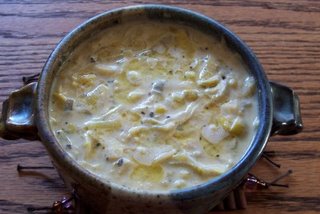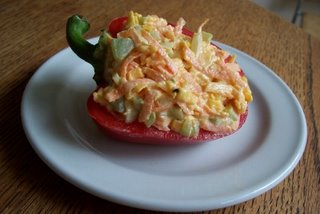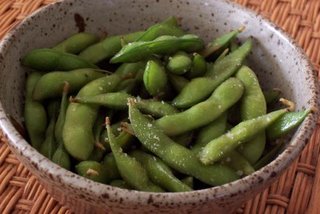Lots of Larkin
Having a little trouble posting just now, having failed in my attempt to slice the top of my left index finger off the other day. Ok ok I was making DOG FOOD. And strangely enough I was reflecting on the dangers of using a not quite sharp enough knife when knife responded by biting me, which it has to be said the dog has never done. Anyway my keyboard is a little tricky to navigate with a large bandage on my fingertip. Not sure why it's affecting the typing coordination in my other hand. Sympathy of twins I suppose.
I got fed up after this and went into the garden (fingertip well protected) and as I was hauling dead clematis off an old trellis, danged if the trellis didn't savage my arm with an old nail. Lucky for me I had a tetanus shot last summer after an ill-fated decision to attain fitness through cycling, and a misguided attempt to enter my new regime well prepared by spending lots of money getting brand-new bike tires, which I discovered do not respond to turns in quite the same way as the old ones. Perhaps I should stay indoors for a while and use only rounded implements in the kitchen till my wounds heal.
I have been reading a book by Andrew Motion on the curmudgeon's curmudgeon, Philip Larkin. It was published in 1982 by Faber on their special self-destruct paper, so it has quite an authentically antique look even now, and I hope it will not crumble before I reach the end. More a critical than a biographical study, Motion's book is appealingly slender, at only 92 pages (including a dozen page of bibliography, notes and index). Pithy though, and will bring you right up to speed on your symbolist, modernist and Movement poets, and their passionate aims for poetry, as well of course as a detailed review of Larkin's evolution. But for the naughty bits you'll have to try Motion's 1993 biography or read his Selected Letters. A further biography, by Richard Bradford, was published in 2005.










